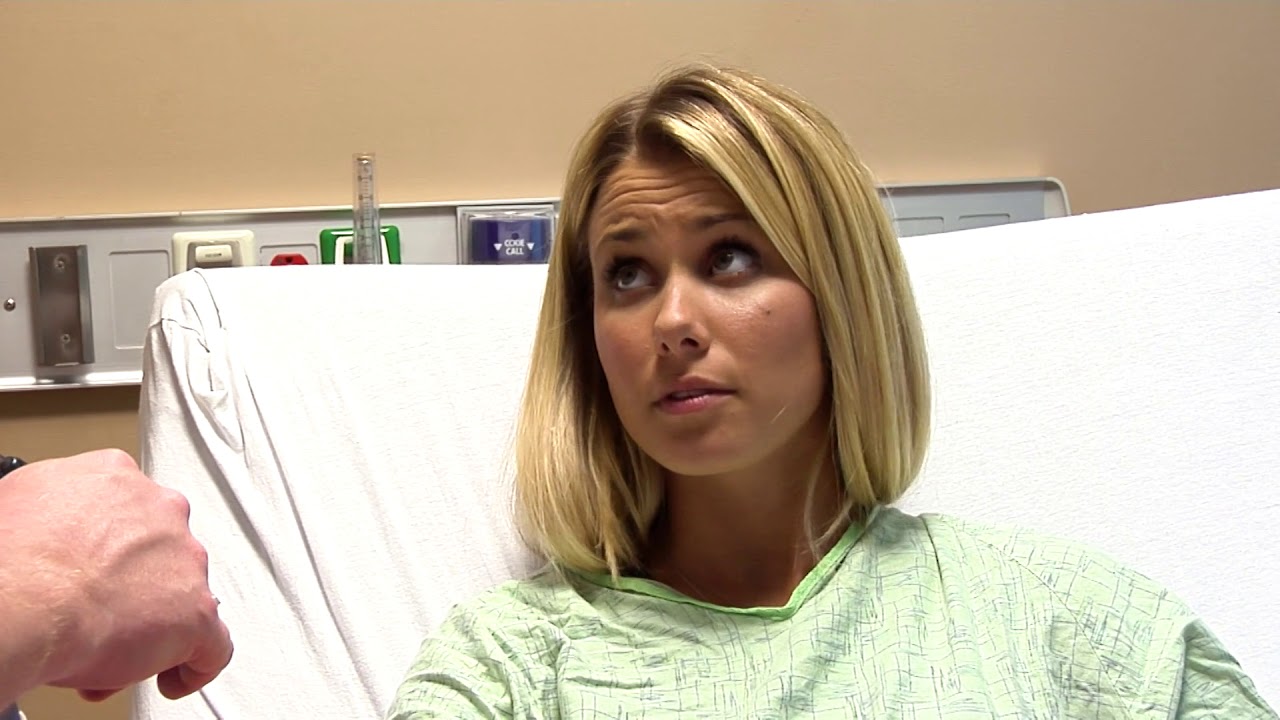What does a gynecologist do? A gynecologist is a doctor who is trained to take care of female reproductive health. They are medical doctors that have completed an undergraduate degree and medical school and have at least a year of experience treating women for all types of female reproductive health concerns such as problems with the cervix, ovaries, fallopian tubes, and other abnormal bleeding. A gynecologist can examine a woman and make a diagnosis of conditions such as endometriosis and ovarian cysts.
Obstetricians are doctors who specialize in providing care for pregnant women. Women go to an obstetrician for a variety of different reasons. Some go to see a general practitioner to get their yearly exams, and some may visit an obstetrician to have testing for an illness or to get an ultrasound done. Women who go to a gynecologist to be tested for sexually transmitted diseases or to be treated for a sexually transmitted disease (STD) may also see an obstetrician, and doctors who specialize in obstetrics may even be board members of Planned Parenthood or receive their own training as obstetricians.
Why do women go to a gynecologist? The reason that women visit a doctor to be examined for various conditions is because they have some sort of concern for their health concerns. Most females do not go to the doctor for annual physicals or to have cholesterol screenings. Most gynecologists treat patients for conditions such as abnormal bleeding, for example, when they have 15 years of experience.
What is a gynecological exam? A physical exam is the exam that a woman has before having a normal menstrual cycle. This exam is typically only one to two hours long and can be conducted alone or in conjunction with a pelvic examination. When you visit the doctor to have a routine physical exam, a gynecologist can ask you questions about your family medical history, your menstrual history, and possibly even test for sexually transmitted diseases.
How is a gynecological exam determined if I am at risk for getting pregnant? If you are currently, or have been, trying to get pregnant after 15 years of marriage without success, it is likely that you may have some irregular period, pelvic pain, or other issues that can be related to fertility. You should be screened for all of these issues to determine what the risk factors for pregnancy are. You should also be screened for family planning including chlamydia and gonorrhea to help lower your chances of having an adverse reaction to any medications that you are taking to try to become pregnant.
Do I have to seek treatment from my gynecologist? No, not necessarily. Many gynecologists perform Pap smears on a yearly basis to check for infection or precancerous growths that could cause a woman to become pregnant. If you are currently trying to conceive a baby, your medical history and professional health care provider will discuss further what your options are. Your gynecologist may even refer you to a fertility specialist for further testing.
Can my gynecologist screen for cervical cancer, or for ovarian cancer? A gynecologist can perform a Pap smear or an endometrial biopsy and if the former is positive, can screen for precancerous growths in the uterus and ovaries as well. Pelvic exams are usually performed by a reproductive endocrinologist, but sometimes a gynecologist is called upon to provide a Pap smear and/or endometrial biopsy if it is suspected that an abnormal growth is present in the reproductive organs. Both of these examinations are necessary to monitor for potential problems in the future and can provide important information to lead to improved fertility treatment choices.
What does a gynecologist do if I am sexually active and have had multiple partners in a short period of time? Many doctors feel that it is best for women to remain asymptomatic, but sometimes the stress of sexual activity can lead to serious complications and should be discussed with a gynecologist. There are many treatments that can be given when a woman is sexually active; some doctors may even recommend that partners be treated if they display symptoms of endometrial or cervical cancer. Your gynecologist is your guide to what does a gynecologist treat when you are sexually active.
